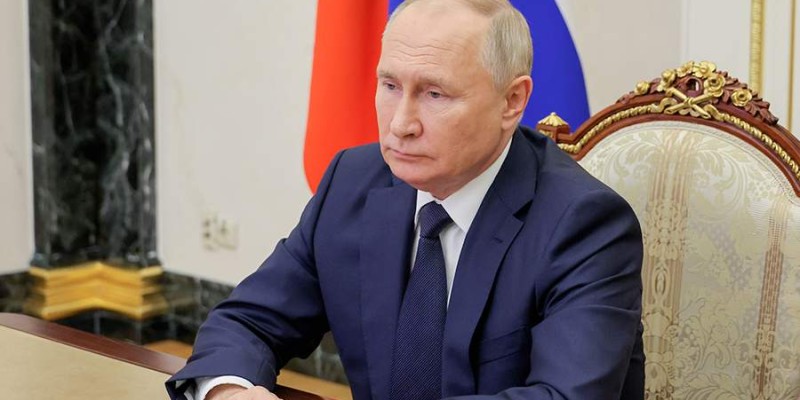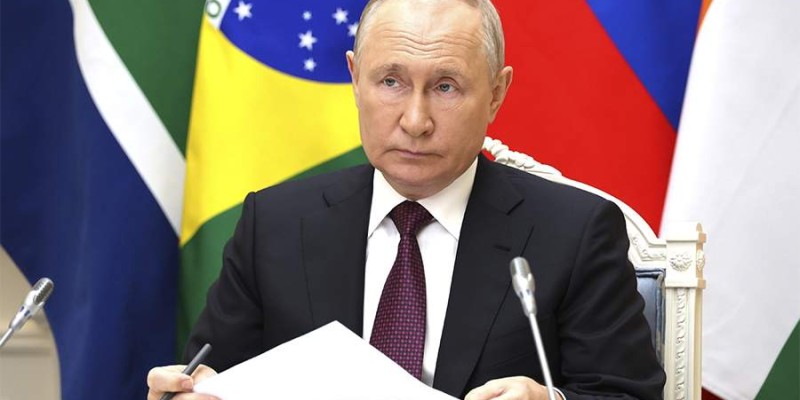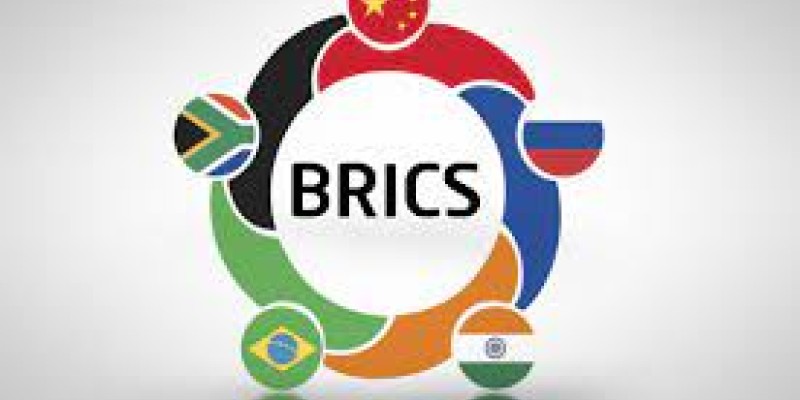SCO & BRICS latest news and insights
By Rhod Mackenzie
Vladimir Putin's speech during his address to the Federal Assembly this year was intense and focused on Russia's socio-economic development goals. It contained a list of orders for the public administration system. The speech can be studied in detail to emphasize certain strategi...
By Rhod Mackenzie
In his address to the Federal Assembly, the Russian President Vladimir Putin stated that if the Russian economy continues to develop as dynamically as it did last year, it will soon become the fourth largest economy in the world in terms of GDP at purchasing power parity. This go...
By Rhod Mackenzie
The economic weight of the European Union and the euro area in the world has been declining for the last three decades. Events since 2019 have intensified this trend, and the sanctions against Russia, which have boomeranged on Europe itself, are making the trend downwards totally...
By Rhod Mackenzie
The BRICS countries are developing a strategy to deal with the risks to the global economy posed by the high debt and budget deficits of Western countries, Russian Finance Minister Anton Siluanov said in an interview with RIA Novosti.
The minister recalled his experience of part...
By Rhod Mackenzie
In February 2022, Western countries began to introduce an unprecedented package of sanctions against Russia. Over the past two years, it is already possible to summarise some results and assess how and what the restrictions have affected.
GDP grew unexpectedly strongly at the e...
By Rhod Mackenzie
Russia's pivot towards the East would not have been possible without modernisation, including the railway infrastructure. The development of the Eastern training ground of Russian Railways has been ongoing for several years, with the third stage expected to commence this year. W...






